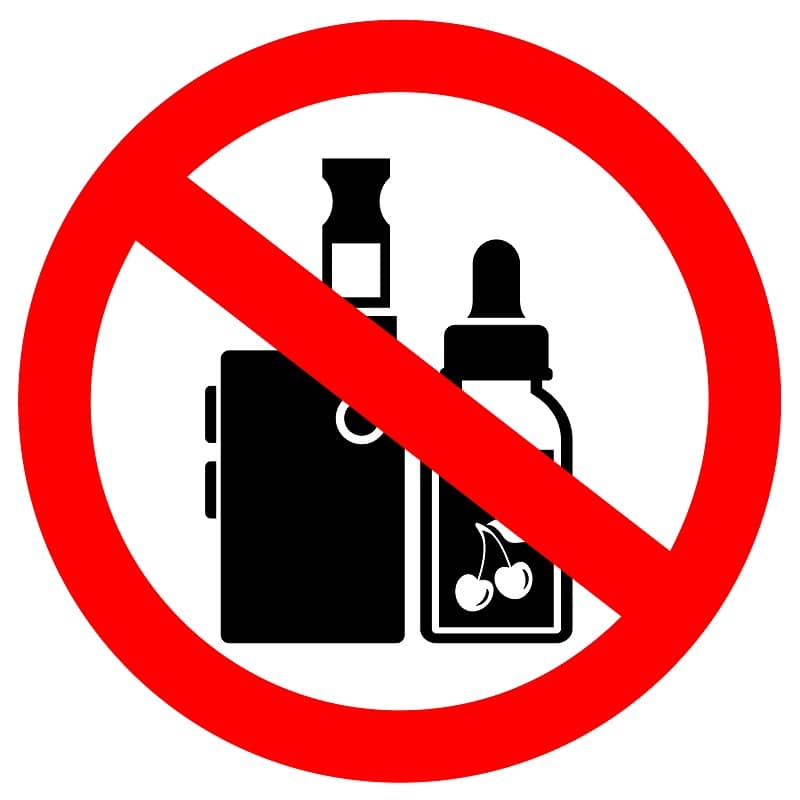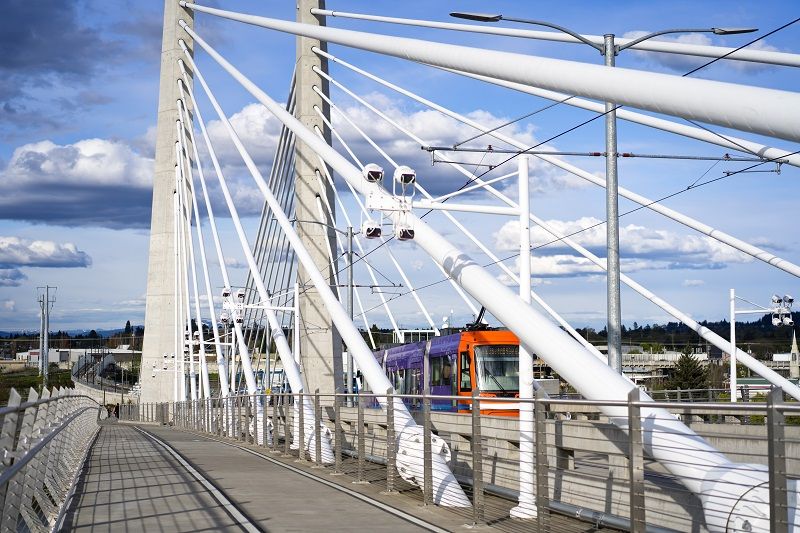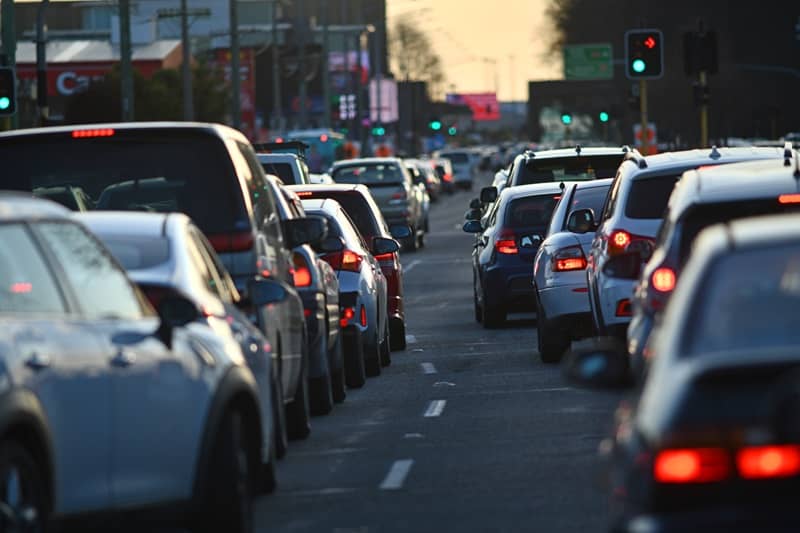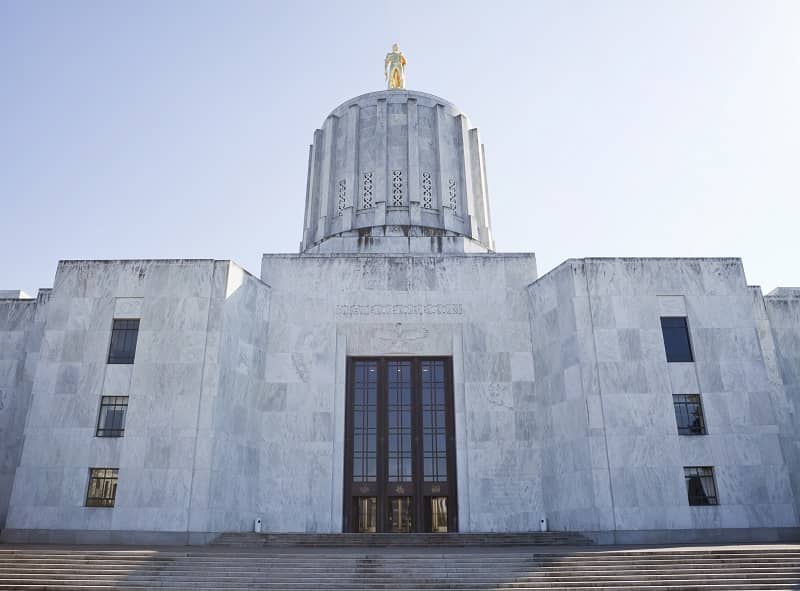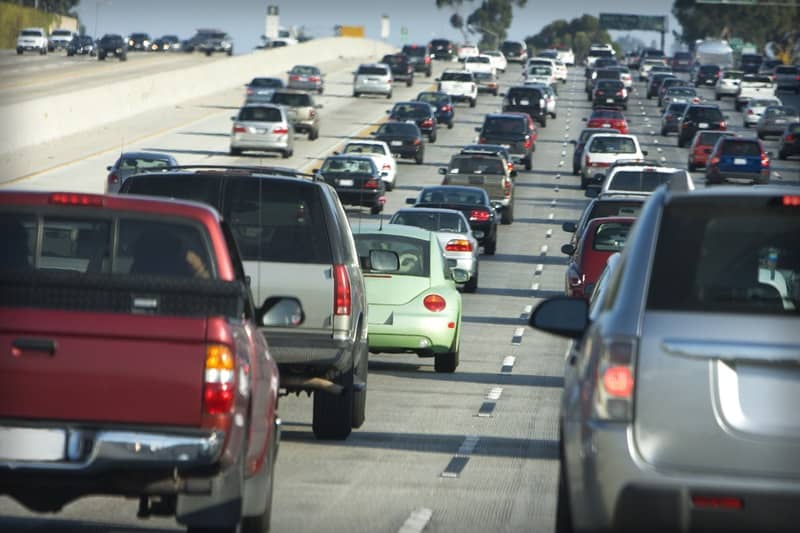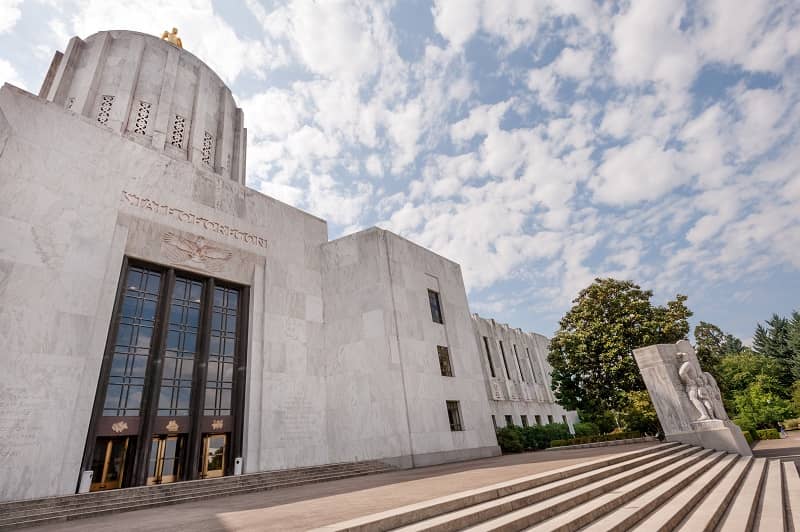April 15, 2009
As a member of the Oregon Road User Fee Task Force, I support the policy direction of SB 580-6. The construction and ongoing maintenance of highways, tunnels and bridges should be financed through direct road user fees, collected via electronic tolling technology.
Listen to John’s testimony at 22:14-26:14 and 27:48-30:17 on the audio file.
However, the specific phrase used in SB 580-6, “transportation demand management” (TDM), should be deleted from the final bill. TDM is a term of art that describes a class of policies utilizing non-pricing methods of implementation, such as Metro’s “Drive Less – Save More” ad campaign, LCDC’s Transportation Planning Rule, and EQC’s mandatory Commute Trip Reduction Rule. Other examples include “traffic calming” and “boulevard treatments.”
TDM is expensive, bureaucratic, and ineffective. It also lacks public support, because motorists properly perceive it to be punitive. They understand that implementation of a TDM program is not aimed at making their lives better; it is designed to reduce their mobility and punish them for choosing private motorized transport.
The only reason to toll the two Columbia River bridges – and the only way to sell it to the public – is to dramatically improve travel flow and generate adequate revenues for the maintenance and eventual expansion of those facilities. That can be done if the toll pricing structure is designed to vary with the time of day, direction of travel, and day of the week. This concept is known as “congestion pricing” or “peak-period pricing”. If the legislature directs ODOT to begin implementing tolling, the statute should explicitly include a mandate to develop a pricing regime designed to ensure free-flowing traffic conditions. Therefore line 11 of the -6 amendments should be deleted and replaced with:
“tolling that ensures maintenance of traffic speeds of at least 50 MPH at all times and submit”
While passage of SB 580 would be an excellent first step towards improving regional mobility, the committee should be aware that the real benefits of rational road pricing will only be achieved if applied system-wide. Peak-hour pricing on the entire metropolitan highway system would improve travel times, reduce fuel consumption, lower air pollution, and increase the total vehicle throughput per/hour at peak travel times. The resulting economic benefits would far exceed the cash costs of tolling to drivers.



